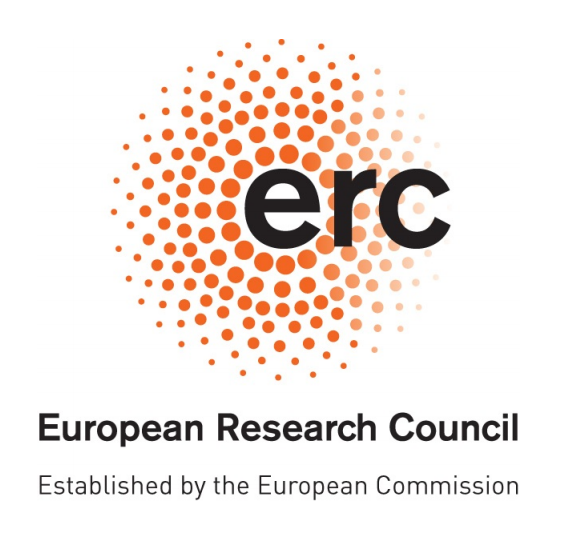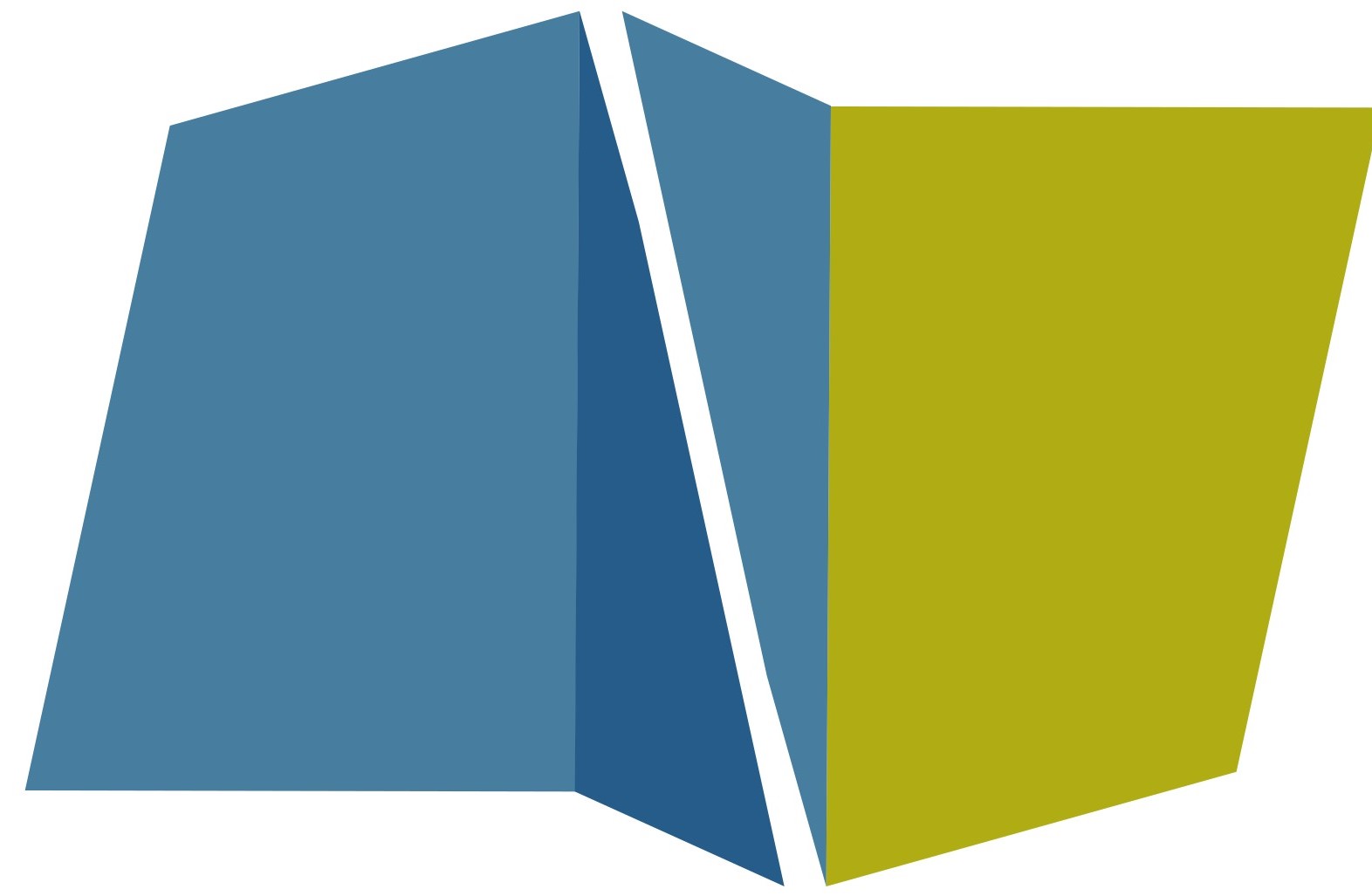 |
Suspended Life - Exploring Cryopreservation Practices in Contemporary Societies
Cryopreservation practices are an essential dimension of contemporary life sciences. They make possible the freezing and storage of cells, tissues and other organic materials at very low temperatures and the subsequent thawing of these at a future date without apparent loss of vitality. Although cryotechnologies are fundamental to reproductive technologies, regenerative medicine, transplantation surgery and conservation biology, they have largely escaped scholarly attention in science and technology studies, anthropology and sociology.
Cryosocieties explores the crucial role of cryopreservation in affecting temporalities and the concept of life. The project is based on the thesis that in contemporary societies, cryopreservation practices bring into existence a new form of life: “suspended life”. “Suspended life” enables vital processes to be kept in a liminal state in which biological substances are neither fully alive nor dead. Cryosocieties generates profound empirical knowledge about the creation of “suspended life” through three ethnographic studies that investigate various sites of cryopreservation. A fourth subproject develops a complex theoretical framework in order to grasp the temporal and spatial regimes of the different cryopractices.
Cryosocieties breaks analytical ground in three important ways. First, the project provides the first systematic and comprehensive empirical study of “suspended life” and deepens our knowledge of how cryopreservation works in different settings. Secondly, it undertakes pioneering work on cryopreservation practices in Europe, generating novel ways of understanding how “suspended life” is assembled, negotiated and mobilised in European societies. Thirdly, CRYOSOCIETIES develops an innovative methodological and theoretical framework in order to address the relationality and materiality of cryopreservation practices and to explore the concept of vitality and the politics of life in the 21st century.
Project leader: Prof. Dr. Thomas Lemke Researchers: Dr. Sara Lafuente Funes, Veit Braun, Ruzana Liburkina
Project duration: 2019-2024
Further information: Project Homepage and Fact Sheet

 |
POLAR (Polarization and its discontents: does rising economic inequality undermine the foundations of liberal societies?)
Das Projekt wird sich mit der Frage befassen, ob die zunehmende ökonomische Ungleichheit dazu beiträgt, wichtige Grundpfeiler westlich-liberaler Gesellschaften zu unterminieren. Markus Gangl und sein Projektteam werden Befragungsdaten aus etwa 30 Ländern nutzen, um mögliche negative Auswirkungen steigender Ungleichheit für soziale Mobilität, gesellschaftlichen Zusammenhalt und für die Zustimmung zu demokratischen Werten und Institutionen empirisch zu erfassen.
Project leader: Prof. Dr. Markus Gangl
Project duration:






